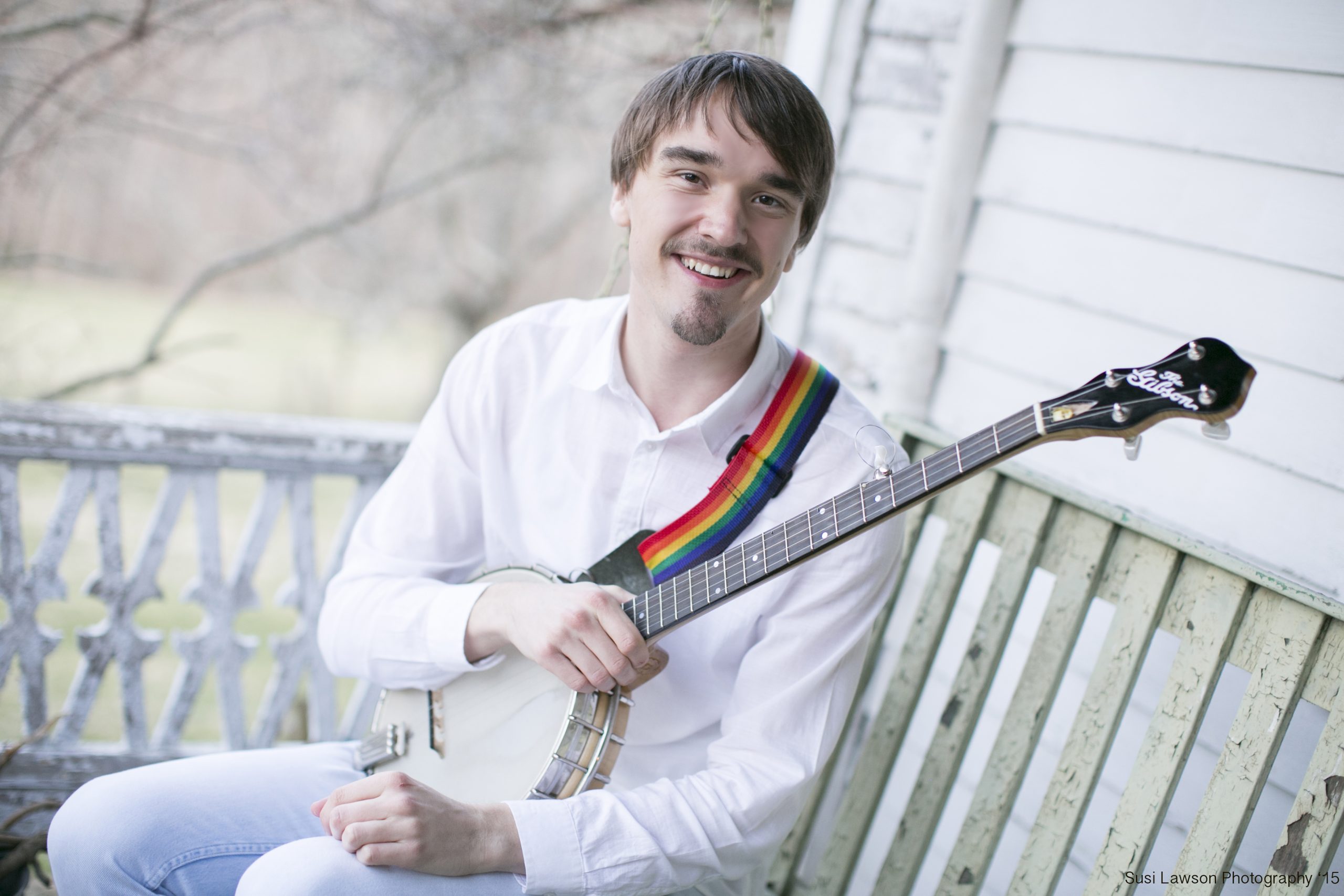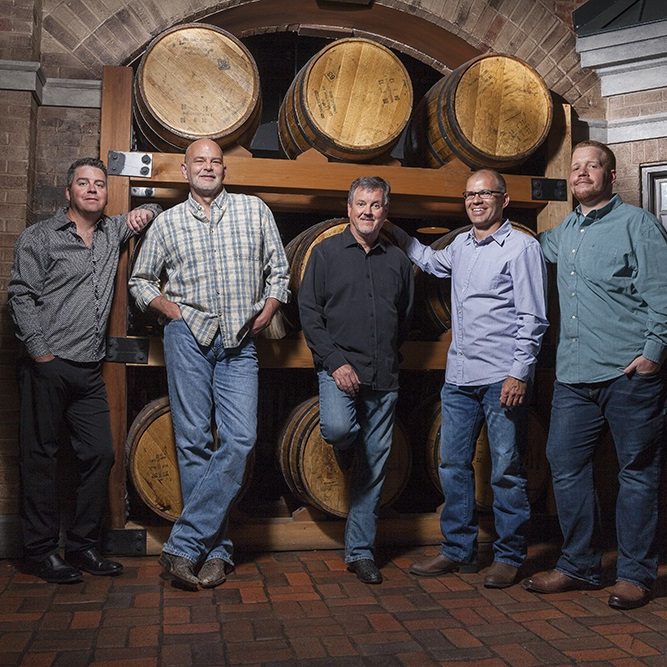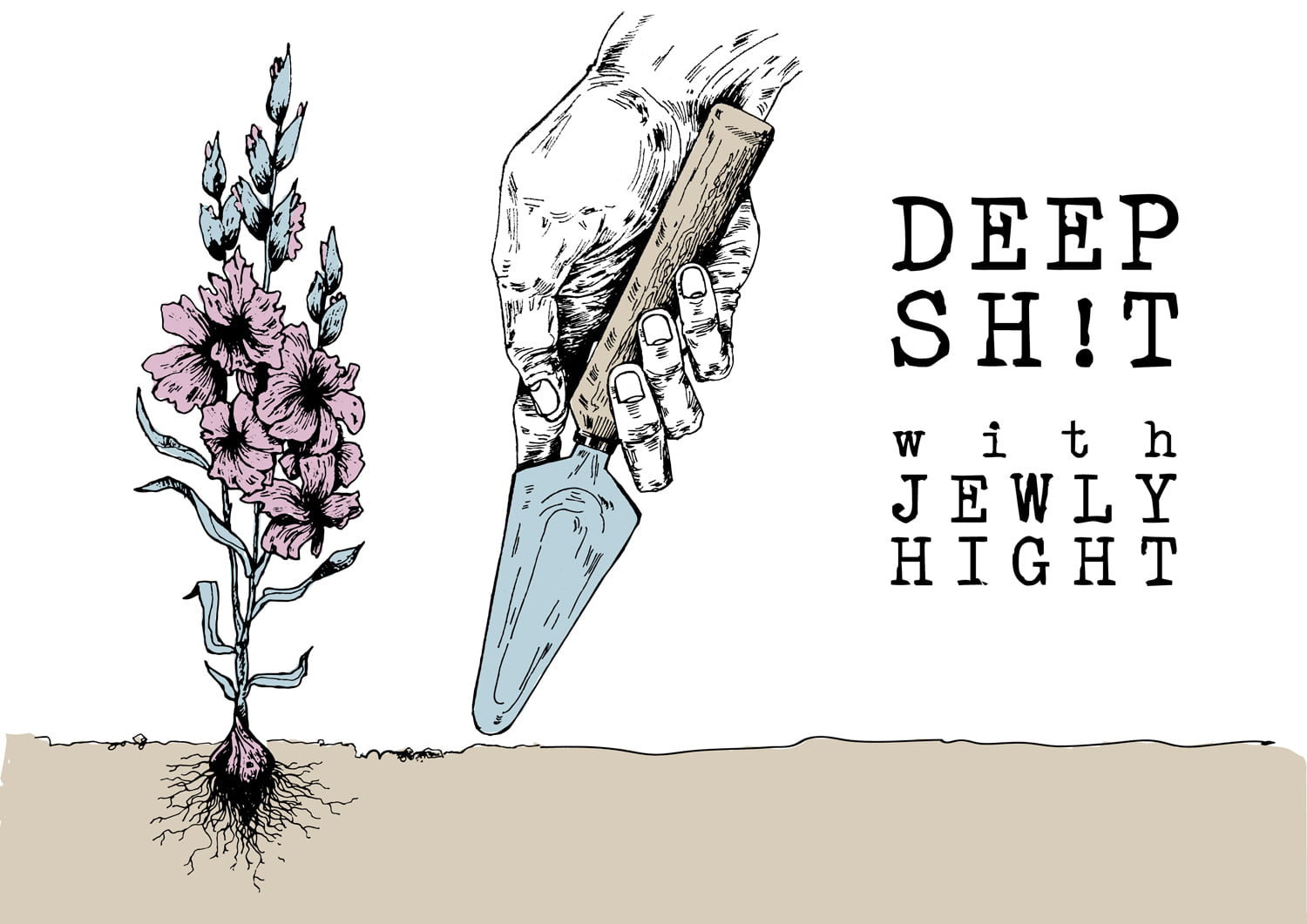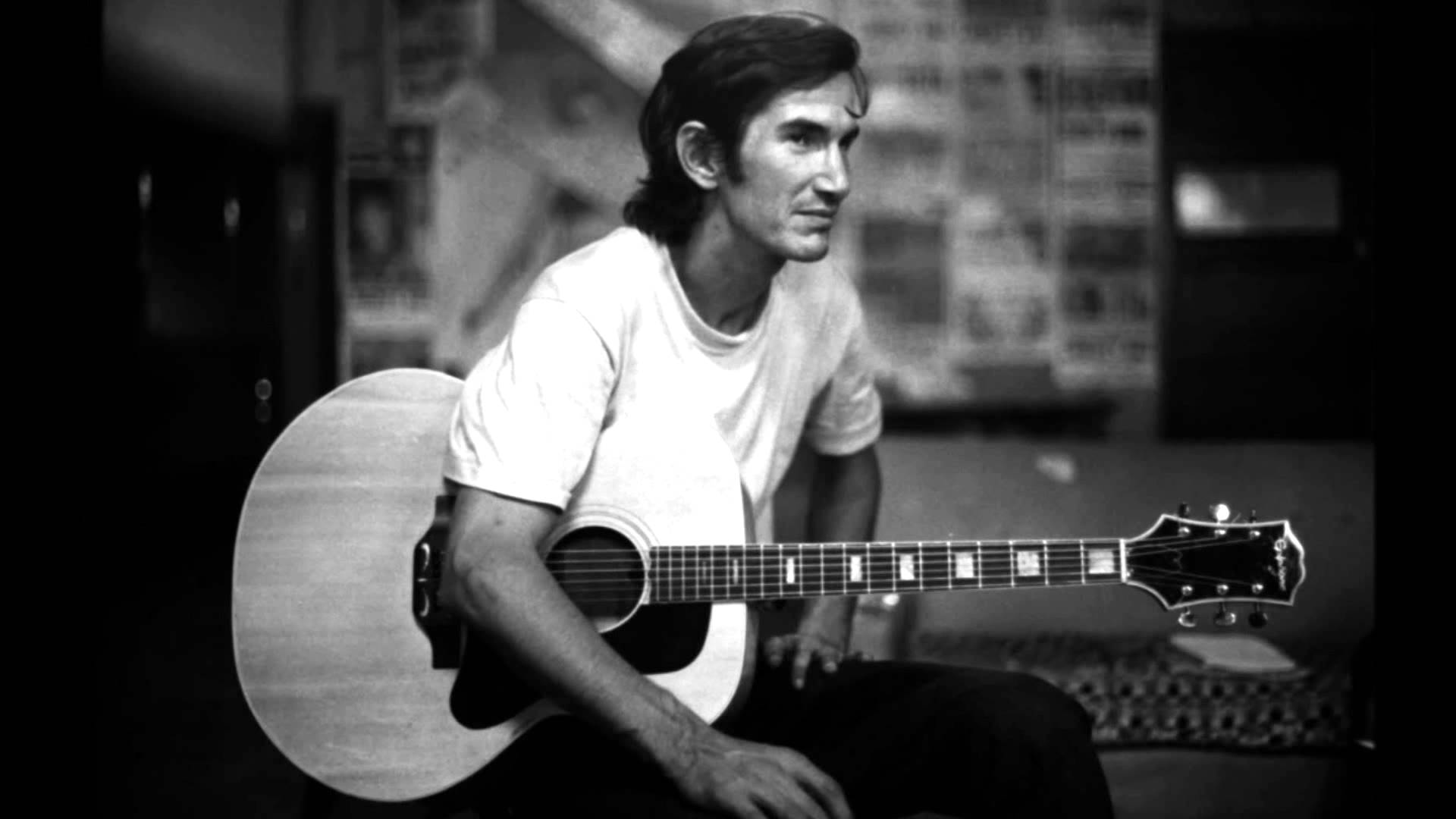Whether you grow up in the mountains or the city, the geography of your youth never really leaves you. It informs and influences you, even when you might not think so. Sam Gleaves certainly knows this to be true. His southwest Virginia upbringing defines almost everything he is and wants to be. As a songwriter, he's dead-set on sharing those stories, those values, that music with the rest of the world. And his new Ain't We Brothers release does just that.
I have a hypothesis about the different lenses that we all look at the world through: spiritual, intellectual, emotional, sexual. I feel like, though we're informed by all of them, we each have a primary lens that colors our vision and blazes our trail. Which do you think is your primary filter?
I was born and raised in southwest Virginia, so my family and the way they speak and the tradition of storytelling and the traditional music I grew up with is my first lens.
So maybe a social or cultural lens?
Yeah. In a way, I think we're all marked by the places we connect with and identify with. So, for me, home is Wythe County, Virginia. Country music … I like it best when it speaks plainly, like the people I knew do. That's my first lens, I would say. Then, being an openly gay singer/songwriter is another. I always feel like I'm traversing the line between the traditional music that I love — which has been handed down and many voices have shaped it — and the new music that I want to write about contemporary stories and what's happening now in the mountains. That has a newer feel, but it uses old language and old sounds and old ways of speaking.
For all of us who are queer, it's a part of who we are, but certainly not all of who we are. So how important is it for you to strike a balance between the visibility of being out and the striving toward anonymity — as in, “We're just living our little queer lives … nothing to see here”?
I'm really fortunate to have had a family that loved me unconditionally and that never burdened me with any kind of shame. That is the number one thing. If you're a writer, you have to reflect on your own experience. You have to look at painful things. You have to be honest about what you're feeling, which is a real challenge. I try to do that, as a writer. Lee Smith, one of my favorite novelists, said, “I refuse to lead an unexamined life.” I believe that.
My family loving me for who I am and raising me to … it was okay to be an artist. My mom's a writer. My dad's a writer. My grandmother's a singer. My dad's a great storyteller, also, and my grandparents all told stories. It gave me permission to be who I am. So, when I sit down to write, I don't think, “I'm going to write a gay love song or a gay country song. Isn't that edgy?” [Laughs] I don't think of it that way. I think of it as writing about my own life and I don't have to be ashamed. I can be honest because that's how I look at every day of my life — not only in my writing and my music, but each and every moment. That's a gift from my family.
It's also the gift that music gives all of us. It's a medium that both transcends and transforms, if we let it. You can sing your truth and it's about whatever it's about to you, but somebody else can hear it and it relates to their truth, as well … even if it's, as it always is, a completely different experience.
Yeah. I think so. I think that people are hungry to hear stories about working class people. Real stories. Songs that are absorbed in community and not in self. I think people are really hungry to hear that kind of music. And that's what traditional music does because it has to serve a people. Of course it's an emotional outlet for the singer, but it's also serving a community. That's what I love best about old songs and that way of … there's a long tradition of protest singing using old hymns and stuff that people were familiar with because you can latch on to it, somehow. I hope that people will listen to the music first and leave their preconceived notions at the door — listen to the music and the stories and then evaluate how it relates to what they believe and where they're from.
Let them get into how they feel about it rather than what they think about it.
Yeah. Which is why I have to be kind of cautious. Like, I was saying, “I'm a gay, traditional musician.” But I don't want people to think that's what I'm putting out front. I'm putting it out front as an activist, because I believe that you have to. It's not a dirty word. But, then, I've been a musician longer than I've known about my sexuality. [Laughs] My first identity really is as an Appalachian musician. So I hope people will look at it all inclusively.
Well, “Ain't We Brothers” is a great example. You simultaneously draw and challenge the traditional idea of manhood in, showing that the singular difference between Sam Williams and his co-workers in the mine is who's waiting at home at the end of the day. Interestingly, it reminds me of a Marge Simpson quote: "Our differences are only skin deep, but our sames go down to the bone."
Yeah. That's the truth. Wow. I've never heard that before. That's powerful.
It has stuck with me. I have it written down somewhere because, hey, Marge Simpson is a prophet. [Laughs]
[Laughs] Thanks for saying that. I wrote “Ain't We Brothers” in 2011, not long after Sam Williams' story had come to attention. My friend Jason Howard wrote a great article about Sam — then, his name was Sam Hall. I just thought he does have more in common with the fellow miners he's working with than he does differences. And what gives them the right to say he's less of a man when he's being brave, living with his partner and not hiding, making difficult decisions that impact every single moment of his waking life.
People say, a lot of times, that LGBTQ people endure micro-aggressions. Every day, you have to make your decisions differently. He was being brave and open. And he was more of a man. That's how I felt. Integrity, to me, is what defines a person, regardless of gender. That's what I was trying to say in the song. I was really pleased, when I met Sam a few months ago — he and his partner Burly at their home in West Virginia — that they identified with the song and they liked it. That meant a lot to me.
The other fascinating thing about what you're doing is that you're coaxing out the similarities of struggle between LGBTQ folks and other communities that have been oppressed throughout history. And what's always been so surprising and hurtful to me is that those oppressed communities are rather often the ones turning around to oppress us.
Yeah.
So I love that you're drawing those parallels. It's the same struggle.
Thank you. I believe very much in the philosophy that's taught at the Highlander Center in New Market, Tennessee, that all oppressions do intersect somewhere. You can't go far without finding a commonality with somebody who's up against it. I do believe that. That's another thing that intuitively comes out in your writing because it's what you believe. So that's been an intuitive part of the process for me.
I'm not from the coal mining community, but I learned that history in my Appalachian studies background at Berea College. And I realized that my daddy working for the railroad was hauling the coal and, every time I turned a light on, I was part of the system. You can't escape the working class, especially because I was brought up to value hard-working, blue collar people like my dad.
Of course. You talk a lot about your heroes, and rightfully so — Joan Baez and Cathy Fink and lots of folks. But who are the contemporaries you look to — the other artists who are helping shoulder the present and future of this music you're working with?
I just did a double-bill with Amythyst Kiah. She's incredible. She's from Chattanooga and she calls herself a Southern Gothic musician. I love what she does. She knows country-blues. She knows country music. And she applies that to a modern, kind of alternative sound. She's making great progress, and it's great to see her representing a lot of communities.
My friend Saro Lynch-Thomason is a great ballad singer, originally from Nashville but now living in Asheville, North Carolina. She's incredible. She knows the history of music and labor, inside and out. And she sings ballads with all the heart and knowledge of the old singers.
And my partner, Tyler Hughes. I love his music greatly. He's a wonderful, old-time banjo player. Plays autoharp and guitar, kind of in the style of the Carter Family. He grew up in Wise County, in southwest Virginia. I love his music because he's so in touch with the older way of life, and humor in music, and dancing … the aspects of it that bring so much joy to it that kind of get swept under the rug sometimes, I feel like. [Laughs]
[Laughs] Yeah, a lot of stuff gets swept under the rug. But that's why we're here. Like you said, activism through art. It's all one thing, in the end.
Yeah. I think so, too. I sure do.
Photo credit: Susi Lawson






